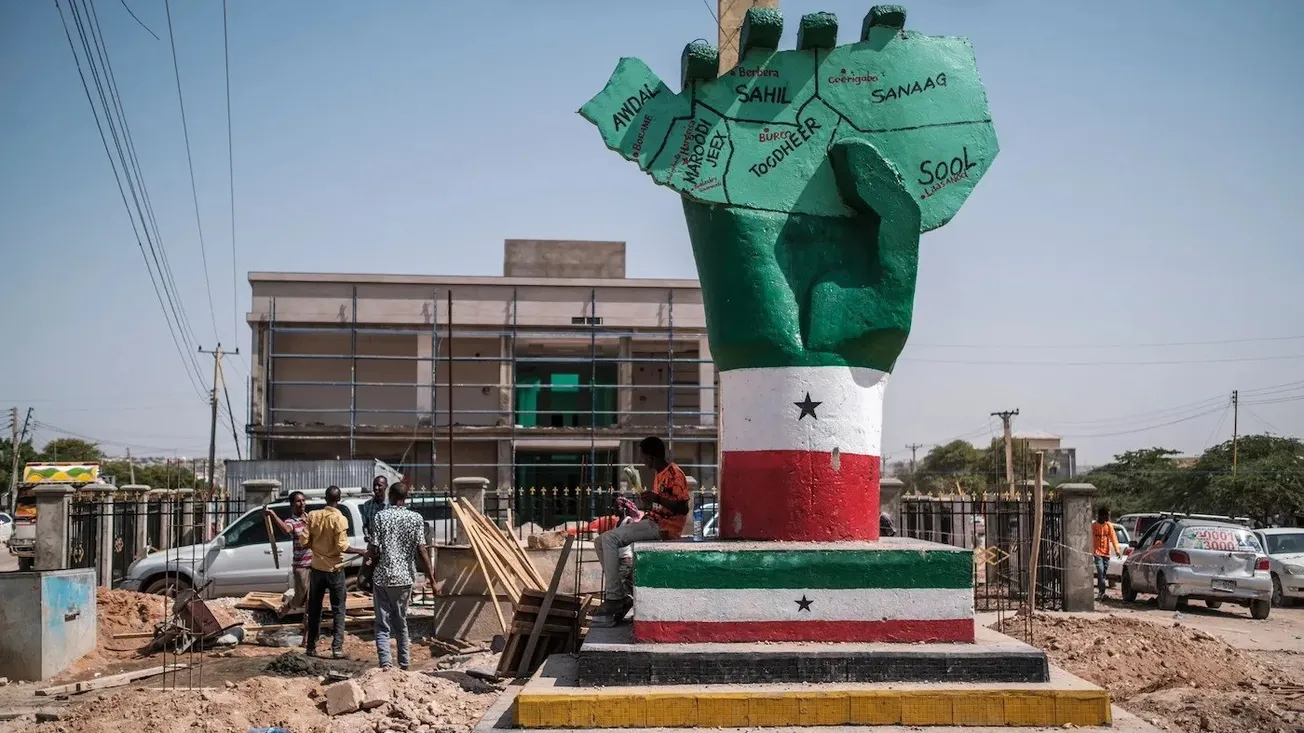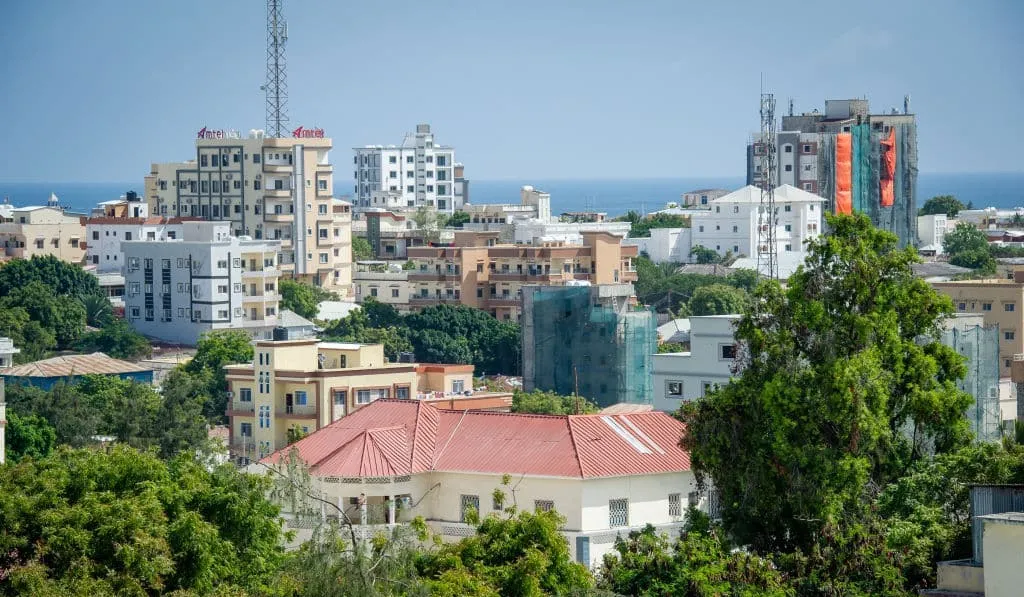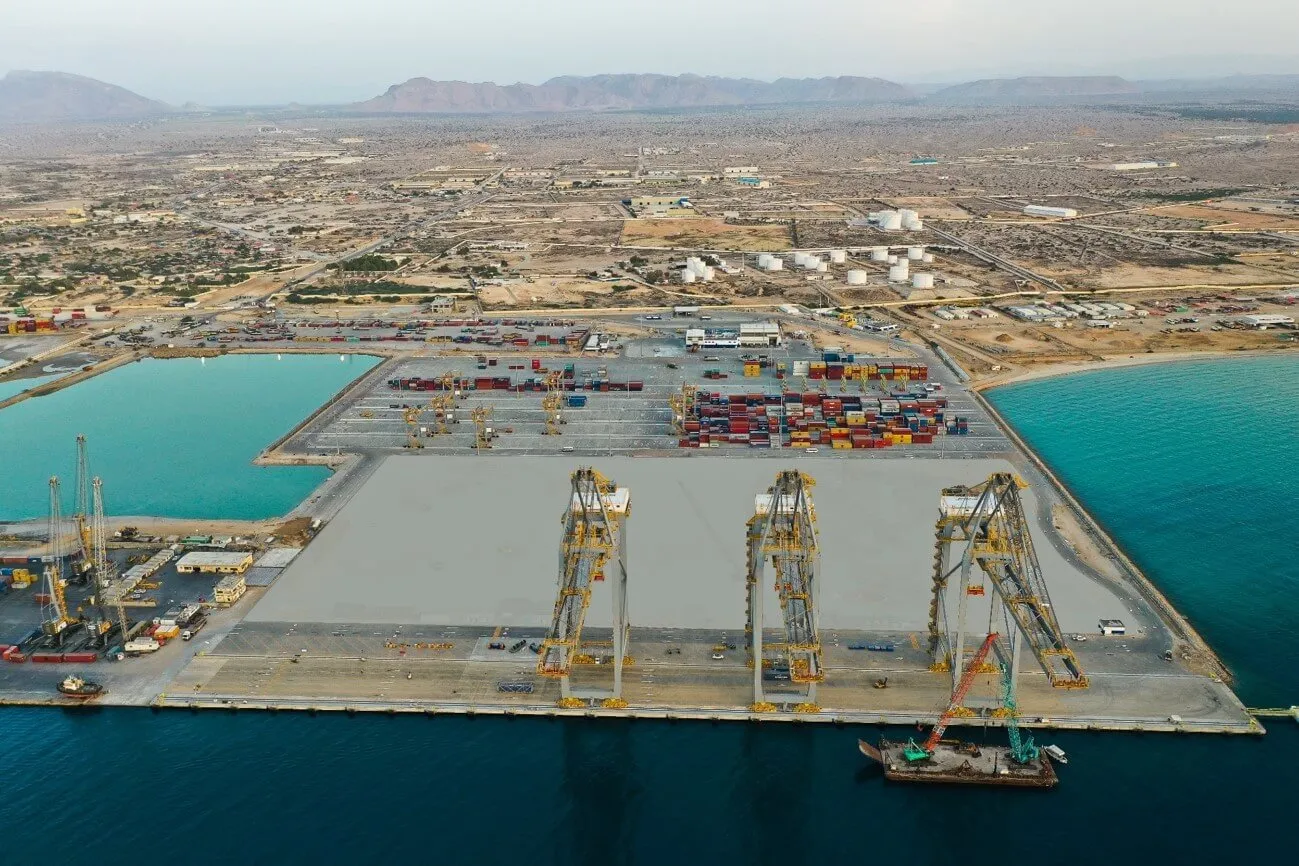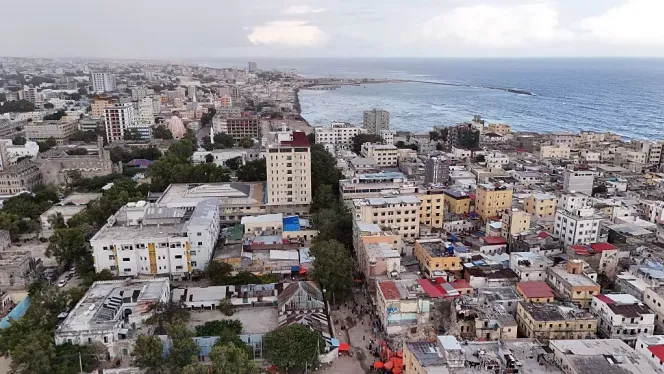Table of Contents
On May 18, 1991, Somaliland declared its independence from Somalia, marking the culmination of a long-standing desire for self-governance and separation from the southern regions of the country. Despite the passage of nearly 33 years, Somaliland's independence remains unrecognized by any country, and the international community continues to uphold Somalia's territorial integrity. This unrecognized status is a source of tension, raising questions about Somaliland's motivations for secession, its impact on Somalia's recovery, and the broader implications for regional stability and global diplomacy.
Somaliland, occupying the northern part of Somalia, traces its desire for independence back to colonial history and post-independence grievances. The region was formerly a British protectorate until it gained independence on June 26, 1960. Five days later, it voluntarily united with the Italian-administered Trust Territory of Somalia (southern Somalia) to form the Somali Republic. However, the union was fraught with dissatisfaction from the outset. Many in Somaliland felt marginalized by the southern-dominated government, which failed to address the region's political and economic concerns.
The grievances deepened under the dictatorship of Siad Barre, whose regime (1969-1991) perpetrated severe human rights abuses against the people of Somaliland, particularly during the brutal suppression of the 1980s, which resulted in thousands of deaths and the destruction of Hargeisa, Somaliland's capital. These events solidified the region's desire for independence, culminating in the unilateral declaration of secession in 1991, following the collapse of Barre's regime and the descent of Somalia into civil war.
The motivations behind Somaliland's insistence on independence are multifaceted. Primarily, the region seeks to protect its distinct identity, which it perceives as being under threat from a chaotic and divided Somalia. The people of Somaliland consider themselves culturally, politically, and historically distinct from the rest of Somalia, and this sense of uniqueness fuels their desire for self-determination. Additionally, Somaliland has achieved relative stability and effective governance compared to the rest of Somalia. The region boasts functioning political institutions, a separate currency, and a growing economy, largely based on livestock, remittances, and, more recently, the burgeoning port of Berbera.
Independence proponents argue that these achievements would be better preserved and expanded under a recognized statehood, free from the conflicts and instability that have plagued southern Somalia.
Somaliland's secessionist ambitions have profound implications for Somalia's stability, security, governance, and social cohesion. The most immediate effect is the strain it places on the unity of the Somali state. The persistent pursuit of independence by Somaliland undermines efforts to create a cohesive national identity and complicates the already fragile process of state-building in Somalia. From a security perspective, Somaliland's separation presents challenges in coordinating efforts to combat terrorism and extremism, particularly against groups like al-Shabaab. The lack of cooperation between the Somaliland authorities and the Federal Government of Somalia (FGS) hinders comprehensive counterterrorism strategies, allowing extremist groups to exploit the divisions.
This disconnect weakens overall security in the region and complicates international efforts to stabilize Somalia. Governance in Somalia also suffers due to the secessionist stance of Somaliland. The federal structure, which aims to balance power between Somalia's regions and the central government, is weakened by Somaliland's absence from the federal process. This absence not only creates a gap in representation but also exacerbates tensions between other regional states and the FGS, with some regions potentially viewing Somaliland's unilateral actions as a precedent for their aspirations.
Economically, the division hampers the potential for unified development strategies that could benefit the entire Somali population. Somaliland's economic successes, particularly in the livestock trade and port operations, could significantly contribute to a broader Somali economy if integrated. Instead, the economic divergence fosters inequality and resentment, further entrenching the divide between the north and the south. Socially, the secession has led to a fragmented national identity, with Somalilanders increasingly identifying with their region rather than the Somali nation as a whole. This fragmentation deepens social divisions and makes reconciliation more challenging, prolonging the instability and underdevelopment that have plagued Somalia for decades.
Somalia's recovery from its failed state status is severely hindered by the unresolved issue of Somaliland's secession. The country's long-term stability and development depend on a resolution that either reconciles the two regions under a unified state or finds a mutually acceptable solution that addresses the aspirations of Somaliland without destabilizing Somalia further. The ongoing standoff also distracts from addressing other critical issues, such as economic recovery, infrastructure development, and the fight against terrorism. Resources and attention that could be directed toward rebuilding Somalia are instead consumed by the protracted dispute over Somaliland's status.
If Somaliland were to withdraw from its unilateral secession, the impact on Somalia could be profound. Reintegrating Somaliland into the Somali state could bolster the federal system, providing a more representative and cohesive governance structure. This reintegration could also enhance efforts to combat terrorism, as a unified Somalia would be better positioned to coordinate security operations and share intelligence across regions. Economically, the inclusion of Somaliland's resources and expertise could accelerate Somalia's recovery, creating opportunities for joint development projects and investments that benefit the entire country. Socially, reconciliation could help mend the fractured national identity, fostering a sense of shared purpose and solidarity among all Somalis.
However, achieving such a reconciliation would require significant concessions and guarantees from both sides. Somaliland would need assurances of meaningful autonomy and representation within a federal Somalia, while the FGS would have to demonstrate a commitment to inclusive governance and equitable resource distribution.
The international community and regional powers have a crucial role in either encouraging or discouraging Somaliland's secession. While most countries and organizations currently support Somalia's territorial integrity, there is potential for a more proactive approach to mediation. International actors could facilitate dialogue between Somaliland and the FGS, offering incentives for reconciliation and development aid contingent on progress toward a unified state. Conversely, if the international community remains passive, the status quo may persist, prolonging instability in Somalia and the wider Horn of Africa. Regional powers, such as Ethiopia and Djibouti, which have vested interests in the stability of Somalia, could also play a mediating role, leveraging their influence to encourage a peaceful resolution.
The question of Somaliland's independence is a complex and deeply rooted issue that continues to shape the trajectory of Somalia. While Somaliland's motivations for secession are understandable given its history and achievements, the broader implications for Somalia's stability, governance, and recovery cannot be ignored. A resolution that balances Somaliland's aspirations with the need for a unified and stable Somalia is essential for the future of the region. The international community and regional powers must actively engage in facilitating this process, recognizing that the long-term peace and prosperity of Somalia—and the Horn of Africa—depend on it.










